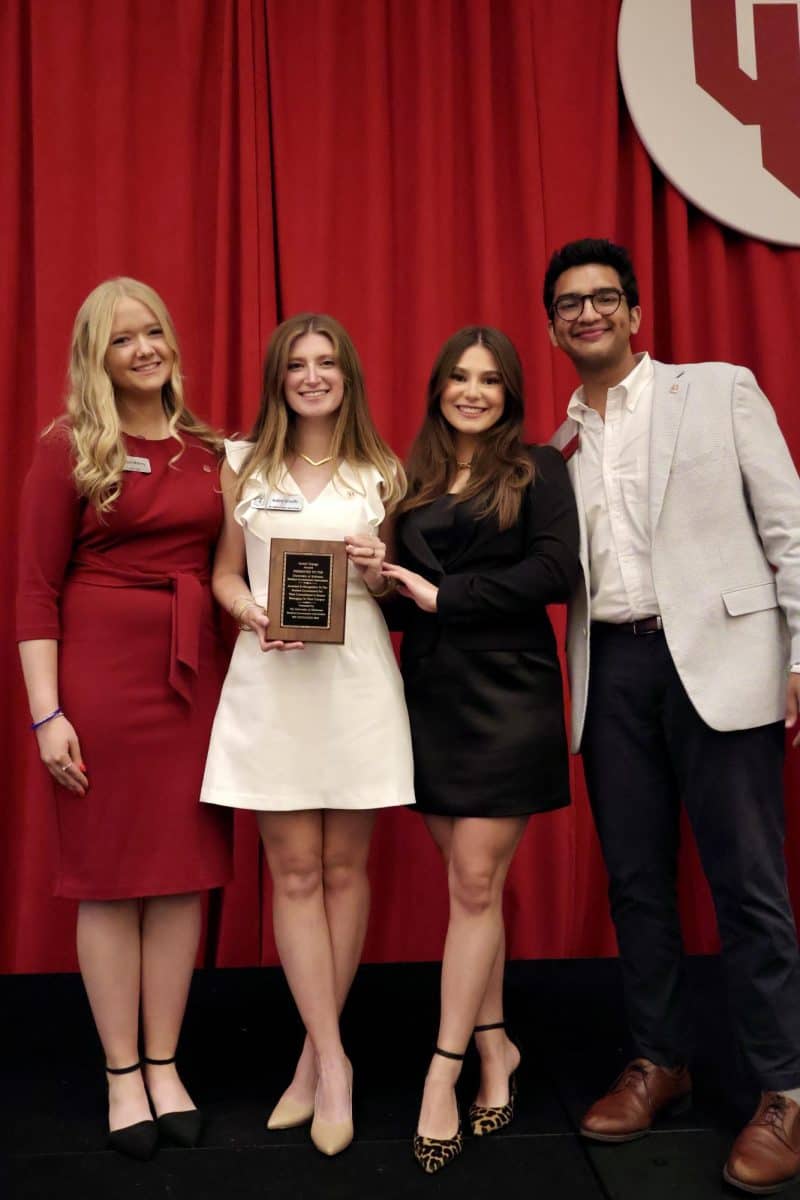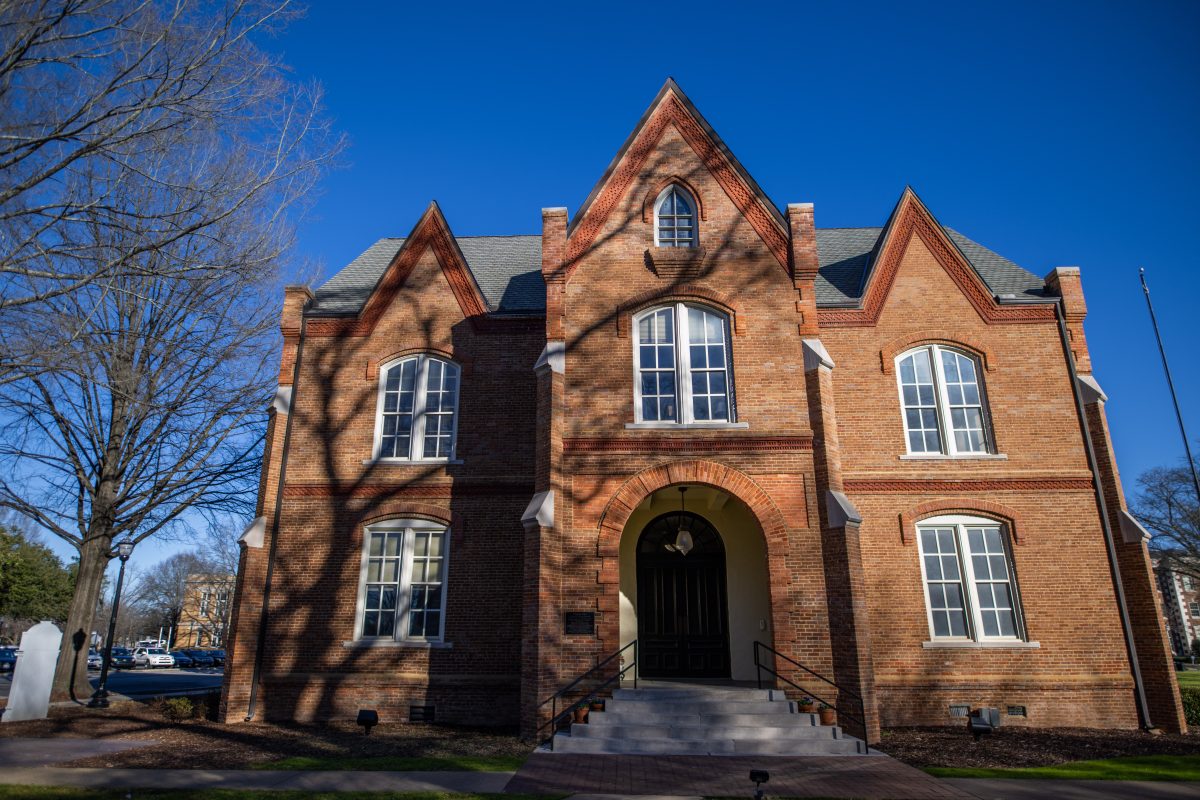Students have the opportunity to become entrepreneurs while still enrolled at The University of Alabama through the Enactus club and entrepreneurship classes in the department of management and marketing.
Enactus, an international non-profit organization, uses the power of entrepreneurial actions to help improve standards of living throughout the world. For college students, the organization provides competitive opportunities with regional, national and world competitions.
David Ford, the advisor of UA Enactus and management instructor, said students should have a passion for what they are doing, and they should not allow lack of money, experience or connections to stop them.
(See also “Business school offers new specialization“)
Enactus sponsors programs which participating universities can take part in. One of those projects is 6SIDES, an entirely student-created website where students can upload and advertise their creative endeavors ranging from art to fashion with a unique focus translating their passions into careers, according to their website.
“The biggest problem of 6SIDES for the people who work on it is we pay somebody to design the platform, and that is really expensive,” he said. “We probably will be better off if we find a management information system student to join the team.”
He suggested that young people start businesses from low barriers or entry-level positions, which do not require a lot of expensive equipment.
The University also provides a management class called foundations of entrepreneurship, which emphasizes how to manage a small company and operate it profitably.
(See also “Culverhouse business school ranks No. 29 nationally“)
One of its initiatives is called the $10 project, a four-week assignment illustrating to students that they can start a business with $10 and generate a profit. Craig Armstrong, a professor of the class, said conceptualizing a business and real-life set up of a business are two different things.
“I think more students should start up their own business,” he said. “I think it is a good way to learn some skills, learn how to make money and learn how to find out what consumers want. Service is a good place to go, but finding what consumers want is the most important for starting a business.”
Matthew Christie, a senior majoring in business management, started a restaurant in his apartment and said he learned that a great product or service can fail if you do not have a customer base for this project.
“I came up with the idea because some of my fraternity members prefer more authentic meal alternatives than the food provided,” he said. “My profit projections were far greater than my actual earnings. I projected $320 and only earned $60.”
Eric Yaron, a senior majoring in accounting and management, said the exercise forced him to brainstorm ways to start his own business after this project.
“I felt successful by the end of the project,” he said. “I [tutored] when I was a sophomore and junior to make extra money, and I enjoyed it. For this project, I think it is an easier way for me to get profits. I charged $10 per hour and eventually earned $70.”
For now, Yaron said he is considering working for a large company, but with his business growth background, he may start his own business when he gets older.
(See also “Sustainability movement grows in business school“)






